
Jutul
Experimental Julia framework for fully differentiable multiphysics simulators based on implicit finite-volume methods with automatic differentiation.

Proficiency in nonlinear solvers and solution strategies is broadly applicable across simulation domains. However, the formulation and implementation of robust and efficient methods vary significantly depending on the physics, coupling, and time scales involved. Developing new and effective algorithms therefore requires deep insight into the mathematical structure of the models and the computational challenges specific to each application.
We develop and implement a wide range of solver technologies, with a focus on methods that are robust, scalable, and tailored to the needs of multiphysics simulation. Our expertise centers around the following topics:

Experimental Julia framework for fully differentiable multiphysics simulators based on implicit finite-volume methods with automatic differentiation.

A free open-source community code for rapid prototyping of new methods for modelling and simulation of flow in porous media. Has a large user community from all over the world.

The Open Porous Media (OPM) initiative provides open-source software for simulation, upscaling and visualization of porous media processes, in particular subsurface reservoirs.
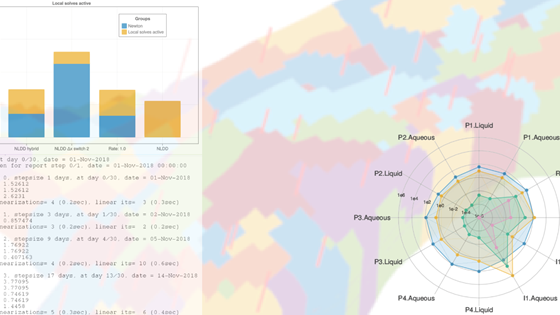
Reservoir simulation, an essential tool in the oil and gas industry for predicting reservoir behavior, often incurs significant computational expenses. This arises from the intricate nature of subsurface flow dynamics and the need for high-fidelity...
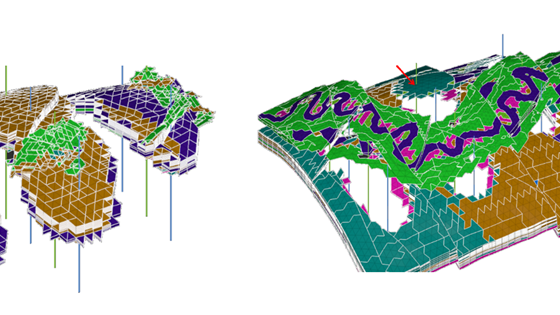
To optimize hydrocarbon reservoir recovery, understanding and predicting flow and transport processes is crucial. Geo-cellular models, representing complex rock formations, often contain millions of cells, requiring hours for simulation. To expedite...
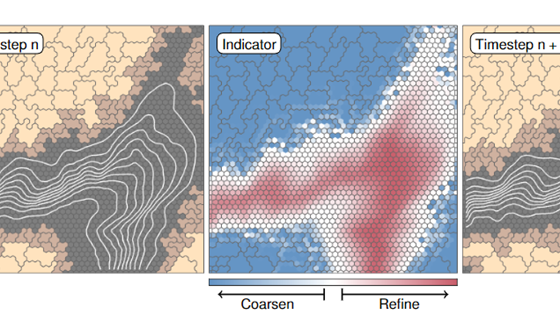
Multiscale methods, such as MsRSB initially proposed by SINTEF, have emerged to enhance runtime efficiency and pressure solve scaling in reservoir simulators using sequential splitting. Starting from the methods successfully implemented in the...
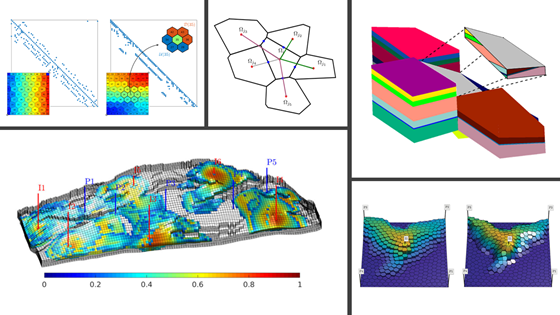
We study and develop numerical tools that can be used to improve the resolution of EOR simulations and, in particular, capture accurately the impacts of the injected chemicals on the recovery process.
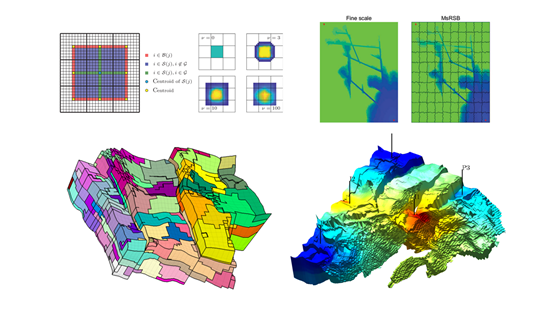
This project strives to broaden the scope of multiscale technology by delivering substantial acceleration to conventional reservoir engineering workflows. By doing so, it not only facilitates a considerable speedup in traditional processes but also...
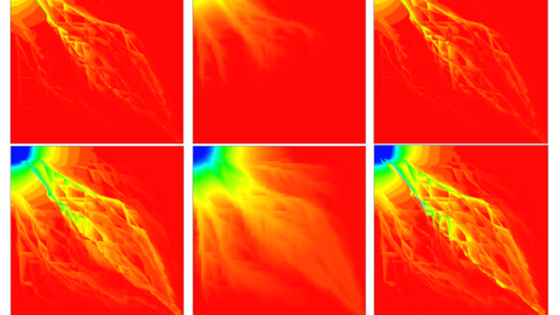
The purpose of the project is to develop a prototype multiscale mixed finite-element pressure solver in the ECLIPSE FrontSim streamline reservoir simulation software. FrontSim is a three-phase, 3D simulator that models multiphase flow of fluids along...